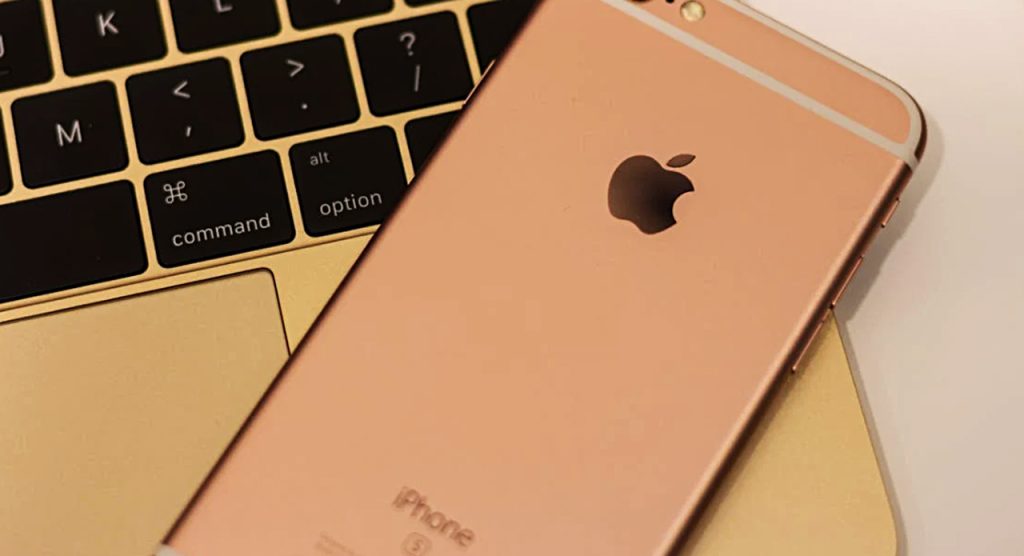Apple to Pay $95 Million in Siri Privacy Lawsuit Settlement
Apple has agreed to a $95 million settlement to resolve a lawsuit accusing its virtual assistant, Siri, of recording conversations without users’ consent. The lawsuit, filed five years ago, alleged that Siri was activated without the trigger phrase “Hey, Siri” and secretly recorded private conversations. These recordings were purportedly shared with advertisers to target consumers with tailored advertisements.
The settlement, submitted in Oakland, California’s federal court on Tuesday, seeks to end claims that Apple violated its commitment to user privacy. CEO Tim Cook has frequently emphasized Apple’s dedication to protecting customer privacy, describing it as a “fundamental human right.”
While Apple has not admitted to any wrongdoing, the settlement must be approved by U.S. District Judge Jeffrey White. A hearing is tentatively scheduled for February 14, 2025, to finalize the terms.
If approved, the settlement will allow tens of millions of consumers who owned Siri-enabled devices between September 17, 2014, and December 31, 2024, to file claims. Consumers could receive up to $20 per eligible device, with compensation capped at five devices per individual. However, the actual payout may vary depending on the number of claims filed, with court documents estimating only 3% to 5% of eligible users are likely to participate.
The $95 million payout represents a small fraction of Apple’s financial success, as the company has generated $705 billion in profits since September 2014. It is also significantly less than the $1.5 billion in damages lawyers argued Apple might have faced if the case had gone to trial for alleged violations of wiretapping and privacy laws.
Lawyers representing the plaintiffs plan to request $29.6 million from the settlement fund to cover legal fees and expenses.
The case underscores ongoing concerns about consumer privacy in the digital age, challenging even companies like Apple, which market themselves as champions of user data protection.

